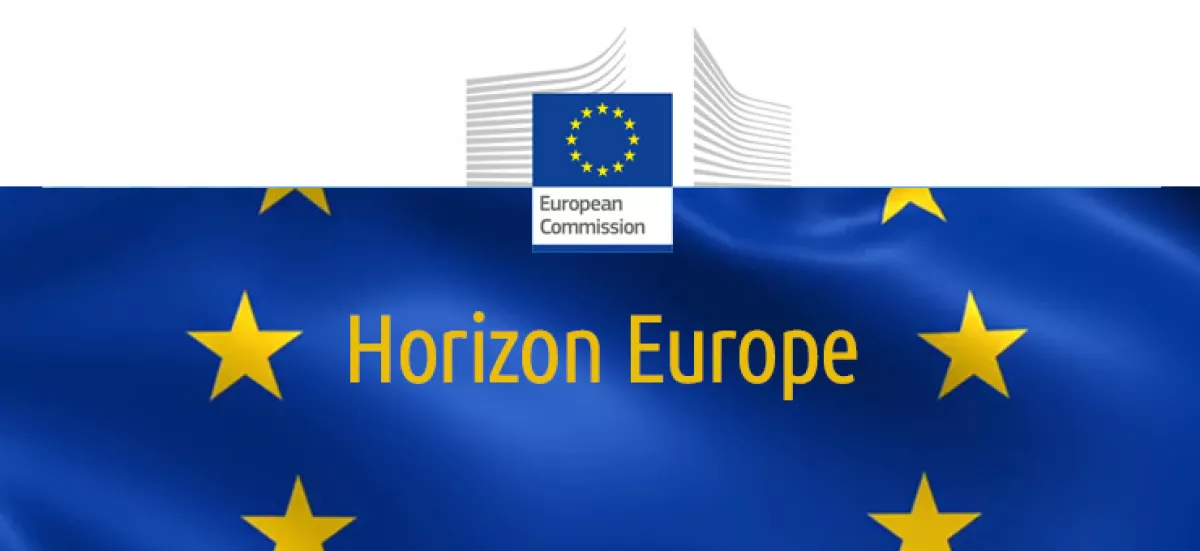Brexit: To reverse or to remain — where will London draw the line? Expert opinions on Caliber.Az
A decade after British parliamentarians voted to hold a referendum that led to the United Kingdom’s exit from the European Union, a survey has shown: the majority of residents in the four largest EU member states would support London’s return to the Union — but not under the previous terms.
According to a YouGov survey conducted in six Western European countries, including the UK, most Britons also expressed support for rejoining the EU — provided that the previous exemptions London enjoyed before Brexit remain in place.
YouGov analysts believe that a kind of “public opinion impasse” has emerged: on one hand, there is growing support for rejoining the EU, on the other — the ruling Labour Party’s reluctance to raise this issue. Despite the “reset” in relations with Brussels announced this year, an immediate return to the Union seems unlikely.
The survey results showed that at least half of respondents in France, Germany, Italy, and Spain are in favor of the UK’s return. Support levels range from 51% in Italy to 53% in France, 60% in Spain, and 63% in Germany.
Is reintegration of Britain into the “family of European nations” possible? And if so, what benefits and challenges would this create for both sides?
European experts shared their opinions on this question with Caliber.Az.

Dr. Stefan Meister, head of the Program for International Order and Democracy at the German Council on Foreign Relations (DGAP), believes that in the foreseeable future, the return of the United Kingdom to the EU is unlikely.
“No party in the United Kingdom is ready to discuss this topic. It remains toxic for domestic politics and can only strengthen the positions of right-wing populists.
At the same time, we are witnessing a gradual process of London’s reintegration into the Union — without formal membership, but through cooperation in the fields of security, defense, education, trade, and the economy. This is already happening, although it is not publicly acknowledged.
The problem is that the UK no longer has a voting right in the EU but is forced to follow a number of European regulations. Nevertheless, this is better than a complete lack of cooperation. By the way, this is a clear example of how mistaken the decision to leave was — and a signal to other countries: they should not follow the same path,” the expert emphasises.

Romanian political analyst Mihai Isac recalls that Brexit marked a turning point in Europe’s political, economic, and social landscape.
“The political scene in the United Kingdom is still influenced by the consequences of Brexit. The Conservative Party, which was in power at the time of the EU exit, built its ideology around this decision and to this day rules out the possibility of returning.
This stance reflects the Euroscepticism of much of its electorate, including rejection of any concessions regarding the ‘newly regained sovereignty.’
At the same time, the Labour Party, which is currently in power, takes a more cautious position. Labour leader Keir Starmer — a former supporter of EU membership — has set ‘red lines’ excluding a return to the single market, the customs union, and free movement of people.
Instead, he promotes the ‘Make Brexit Work’ approach — improving current relations with the EU without returning to full membership. This includes possible changes to the Trade and Cooperation Agreement (TCA), as well as deepening cooperation in science, security, and climate. For example, in 2023, the UK rejoined the EU’s Horizon Europe programme.

This pragmatic approach is driven by an electoral strategy: an attempt to simultaneously attract both pro-European and moderately Eurosceptic voters without making firm commitments during the first term in office.
The positions of other parties vary. The Liberal Democrats and the Green Party openly support a long-term return to the EU. Parties like Reform UK (successors to UKIP) are categorically opposed. The Scottish National Party (SNP) advocates EU membership in the event of Scottish independence — the majority of Scots voted against Brexit.
Thus, neither of the two leading Westminster parties supports immediate reintegration — a stance explained by political pragmatism and a desire to avoid new divisions.
However, the tone of the rhetoric has changed. It is increasingly acknowledged that Brexit has not delivered the promised benefits, and a course towards closer ties with the EU is seen as a logical development.
According to the latest data, only about 30% of Britons believe Brexit was the right decision, while 55% think it was a mistake. Sixty-two percent of respondents called the implementation of Brexit a ‘failure,’ and this view is shared even by a third of Leave supporters.
Support for returning to the EU is growing, but it is conditional: most Britons are ready for reintegration only if a special status is preserved — without the euro and participation in Schengen. This creates additional challenges, as the EU is not prepared to grant such exceptions again.
Public opinion in the EU countries generally views the idea of the UK’s return positively, but also with reservations.

According to a YouGov survey conducted in the four largest European Union countries, between 51% and 63% of citizens support London’s return to the Union. This reflects a desire to restore relations and recognition of the United Kingdom’s importance as a partner.
However, only about 20% of respondents are willing to allow the restoration of previous privileges. Around 60% insist on full compliance with EU rules without exceptions — meaning that re-entry is possible, but on equal terms.
Thus, a contradiction arises: the British want benefits, while Europeans demand equality. This is the very ‘impasse’ hindering reintegration.
The EU supports the idea of the UK’s return only on the condition of strengthening, rather than weakening, the Union.
For the UK itself, the economic consequences of Brexit have generally been negative. Although the impacts of the pandemic and the war in Ukraine also played a role, most economists agree that leaving the EU has undermined the country’s economic potential.
Contrary to promises, migration has not decreased but changed its structure: in 2023, net migration reached one million people, 90% of whom arrived from outside the EU.
This caused labour shortages in sectors previously reliant on workers from Eastern Europe — construction, agriculture, hospitality, and the food industry.
Employers faced staffing shortages and rising costs, while the government had to compensate for the loss of freedom of movement with new visa mechanisms.
In other words, Brexit has increased tension in the labour market and become a factor driving higher non-European migration — contrary to the expectations of many Leave supporters.
According to experts’ assessments, Brexit has weakened the United Kingdom more than the EU, calling into question the justification for the exit,” the expert said.

Returning to the EU, in Isac’s view, promises economic benefits: restoration of trade ties, removal of barriers, increased exports, and reduced costs. This means access to the single market of 450 million people, recovery of industrial positions, and lower import prices.
A return of substantial foreign investments lost due to Brexit-related uncertainty is also possible. Reintegration would increase investment attractiveness, promoting employment growth and innovation.
“An additional advantage is access to EU funds and programmes that supported science, agriculture, and underdeveloped regions. Since Brexit, the British government has been unable to fully replace this funding.
For the EU, the UK’s return would mean expansion of the single market through the addition of the world’s fifth-largest economy, as well as the return of a significant budget contributor. London, as a financial centre playing by EU rules again, would strengthen European finances.
Finally, geopolitically this would strengthen the EU: London is a permanent member of the UN Security Council, a nuclear power, and has the second-largest defence budget in Europe. This would expand Brussels’ influence in relations with the US, China, and Russia, reinforcing unity and the transatlantic partnership,” Isac concluded.








